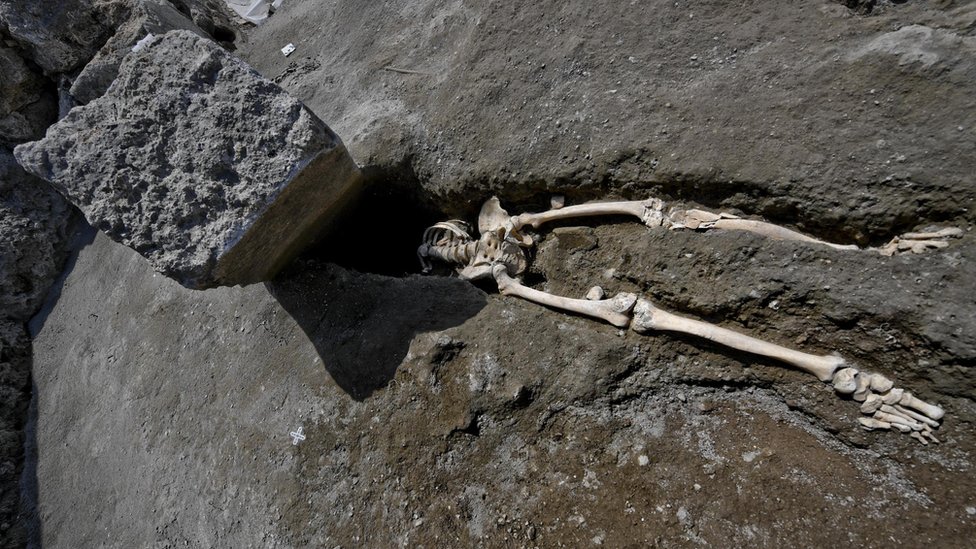The material below is in part derived from material previously posted by Jeff and Harald, and inspired by a book on the logistics of the Assyrian Army... May seem like a very dry topic, but armies have to be fed and paid, and tribute and tax caravans are potential targets for 'adventurers' after the Liberation of Sartar...
[Other sections detail the Orlanthi system, and Cities and Temples.]
Whilst armies in the field can enrich themselves with plunder and loot, this is rarely a means of financing and equipping a professional army. Instead, soldiers and mercenaries are paid for their service, by means of taxes and tribute, and booty is treated as supplementary income.
In Solar (and Lunar) societies, soldiers are granted land upon retirement; in Storm societies (and the Sun Dome Templars), professional warriors are generally supported by the land granted to them by their liege, worked by tenant farmers or members of their own family.
Lunar Provincial Kingdoms
Each of the Provincial Kingdoms of the Lunar Empire is expected to provide a yearly tribute to the Provincial Overseer at Mirin’s Cross.
To pay this tribute, the Provincial Kings often impose forced collections, such as an extra tenth of the harvest, or a tax on land, herds, and other goods.
A similar system operates in each of the Lunar Satrapies, with a tithe in crops and herds, and taxes. Each satrapy includes tribute collection centers.
Permanent and temporary toll collection points may also be set up on roads, and at river crossings to impose transit taxes on traders and travelers.
On a smaller scale, tribute gatherers collect tribute from peripheral and client states. Until 1625 the Grazelands provided horses (mostly destined for the Provincial Army), and the tribes of Sartar, cattle. Much of the tribute collected is in the form of herd animals; these booty columns require an escort. Tax collectors have numerous opportunities to enrich themselves.
A tribute caravan is escorted by an armed retinue, but as the Hero Wars progress, professional soldiers drawn from the Provincial Army are utilized.
At one time the rulers of each kingdom were expected to present themselves and their tribute to the court of the Overseer, but in recent Wanes their envoys and other emissaries travel with the tribute caravans to Mirin’s Cross. These are either officials such as eorls, or senior Etyries merchants.
The tribute supports the offices of the Provincial Government: Procurement and Disbursement which collects taxes; the Provincial Army; the Guide for the Lunar Way. Each office is staffed by Buseri scribes.
The Office of Procurement and Disbursement is then responsible for collecting and collating the tribute and taxes sent downriver to the imperial heartland. It also distributes material to the other offices.
The Provincial Army, commanded by the Imperial Provincial General, uses its share of tribute to support the army. Foodstuffs are stored in depots; horses are distributed to cavalry regiments; metals are stored or worked into weapons and armor to fill the arsenals; coin is used to pay the scribes, artisans and other free workers.
Each Provincial Kingdom is expected to recruit, equip and pay the troops it contributes to the Provincial Army. The exact system varies, with some regiments being raised and maintained by cities or temples, and some effectively being hired mercenaries. When they are deployed, the Office of the Provincial Army takes responsibility for their wages and other logistical requirements. The same is true for imperial regiments serving with the Provincial Army. Traditionally, this changeover occurs when they march through the gates of Mirin’s Cross.
|
Provincial Kingdom
|
Tribute
|
Route to Mirin’s Cross
|
|
Aggar
|
Coin, Maize, Metalwork, Pottery, Wheat, Wine
|
From Eneal by barge on the Forantin and Oslir rivers.
|
|
Holay
|
Coin, Maize, Slaves, Wheat, Wine
|
From Filichet via the Daughter’s Road.
|
|
Imther
|
Bronze, Cheese, Coin, Copper, Furs
|
From Hillfort via the Singing Road to Jillaro and then by the Daughter’s Road or by barge on the Oslir.
|
|
Tarsh
|
Coin, Maize, Manufactured Goods, Silver, Slaves, Wheat
|
From Furthest by barge on the Oslir river.
|
|
Vanch
|
Coin, Gems, Herbs, Leather, Wool
|
From Bikhy by road to the Singing Road to Jillaro and then by the Daughter’s Road or by barge on the Oslir.
|
As the Seventh Wane comes to a close, the flow of tribute is interrupted by turmoil in several of the Provincial Kingdoms: Aggar has been in civil war since 1620, reducing the flow of tribute; the supply of metal from Imther ended in 1623, and other tribute is reduced by upheaval in the kingdom; the successful rebellion in Sartar in 1625 reduces the level of tribute from Tarsh (especially curtailing the slave trade from Sartar and Prax), with agricultural tribute also decreasing as a result of the civil war in Tarsh from 1627 as the king loses control of Kordros Island, the breadbasket of his kingdom.
This unrest makes the transport of tribute increasingly hazardous, diverting additional military resources to protect it.















